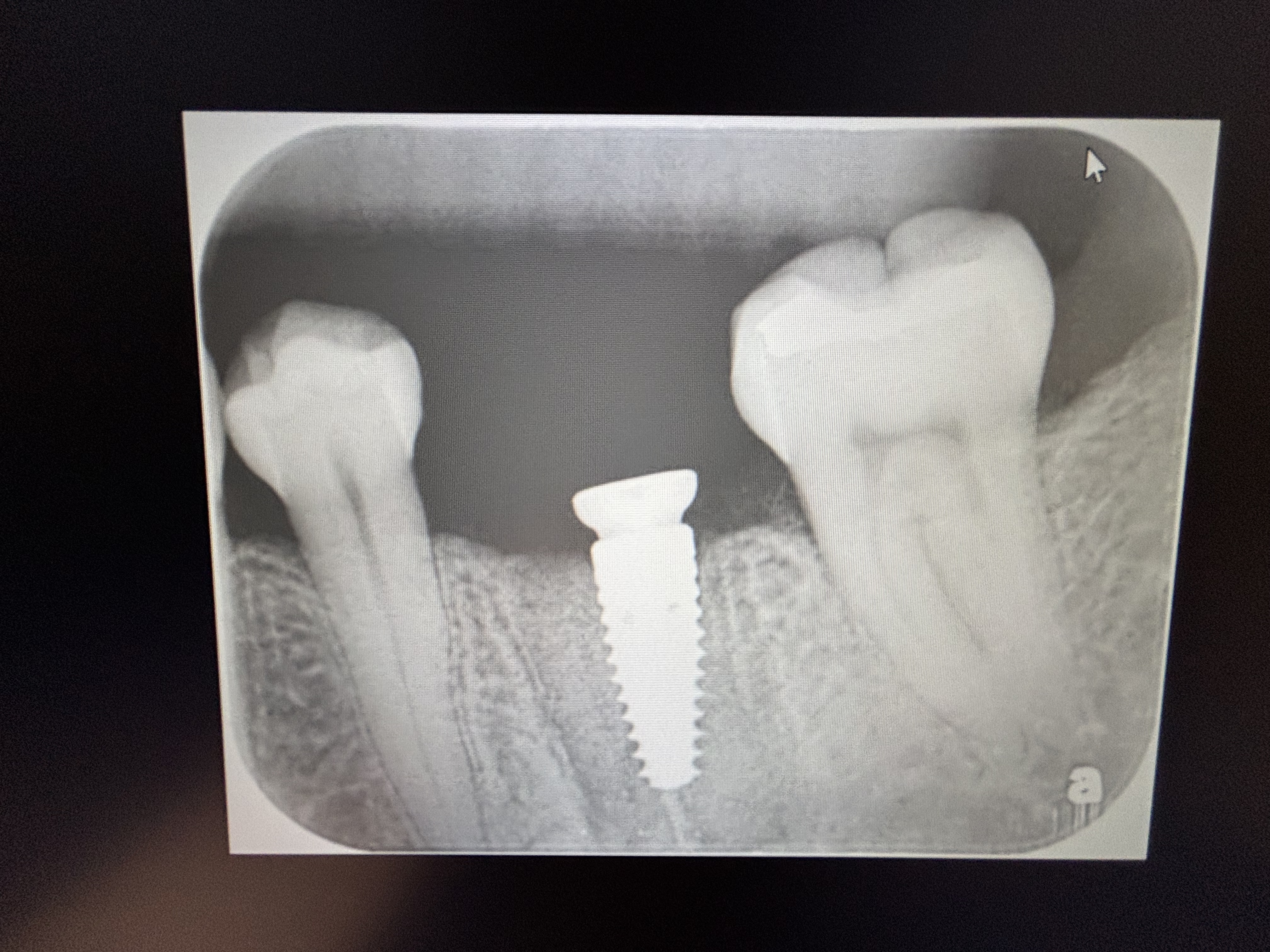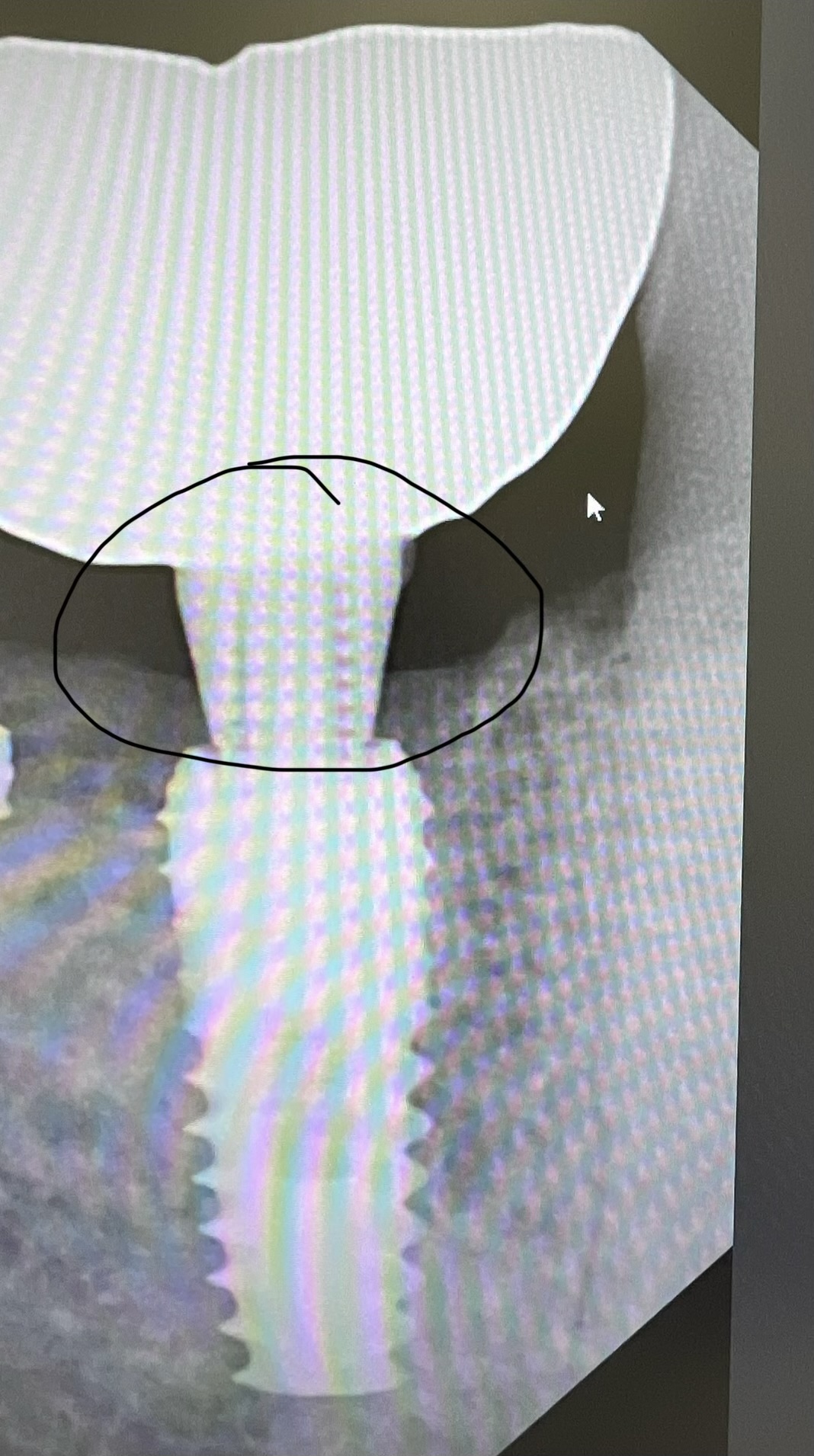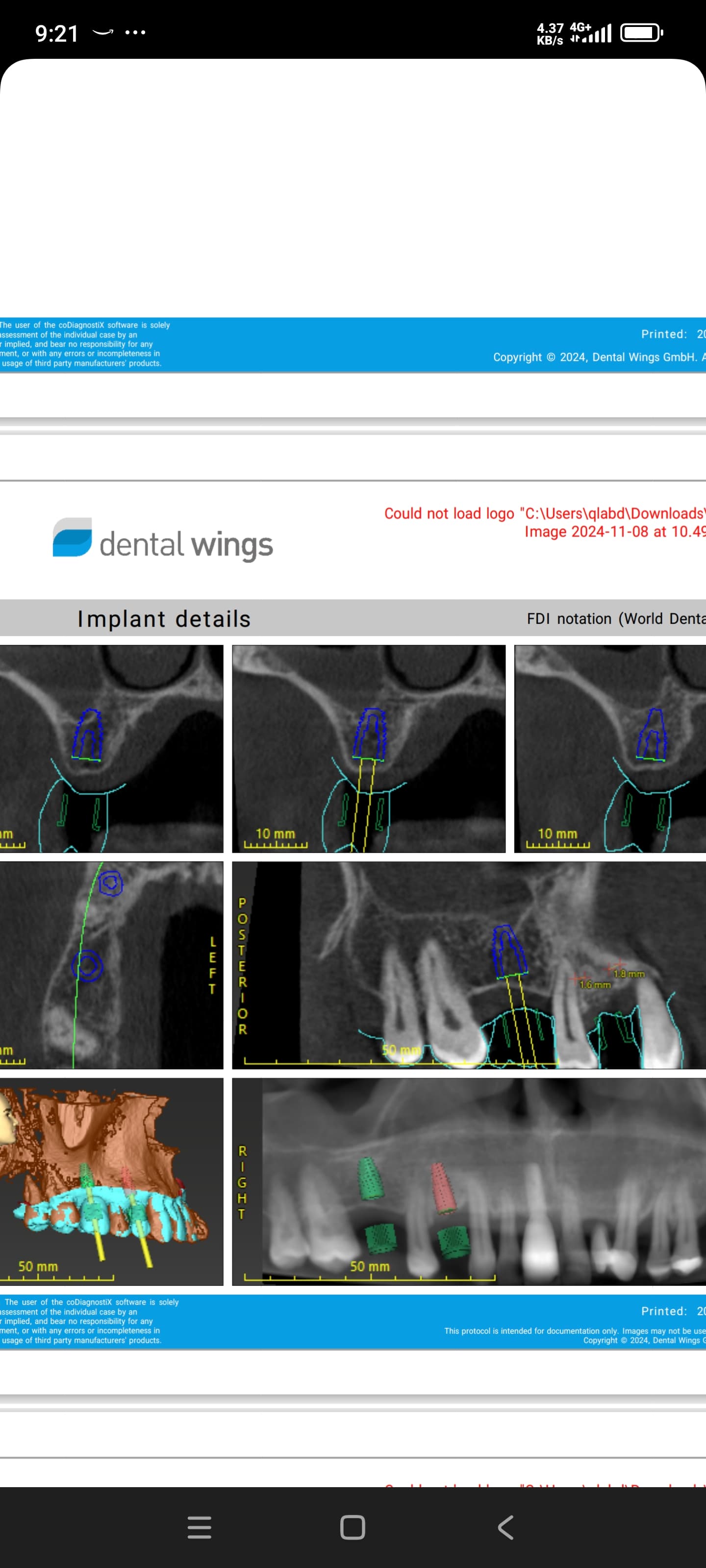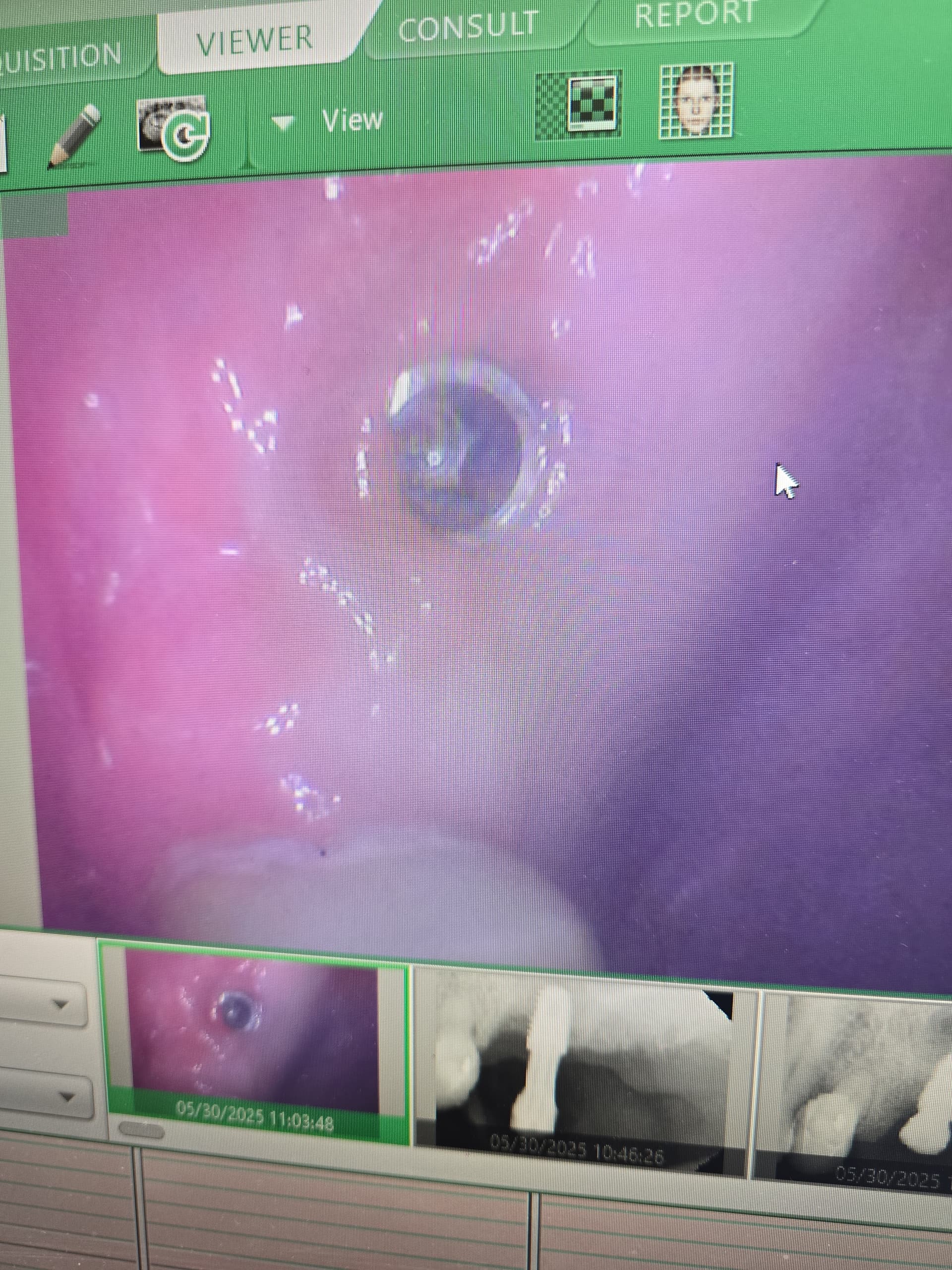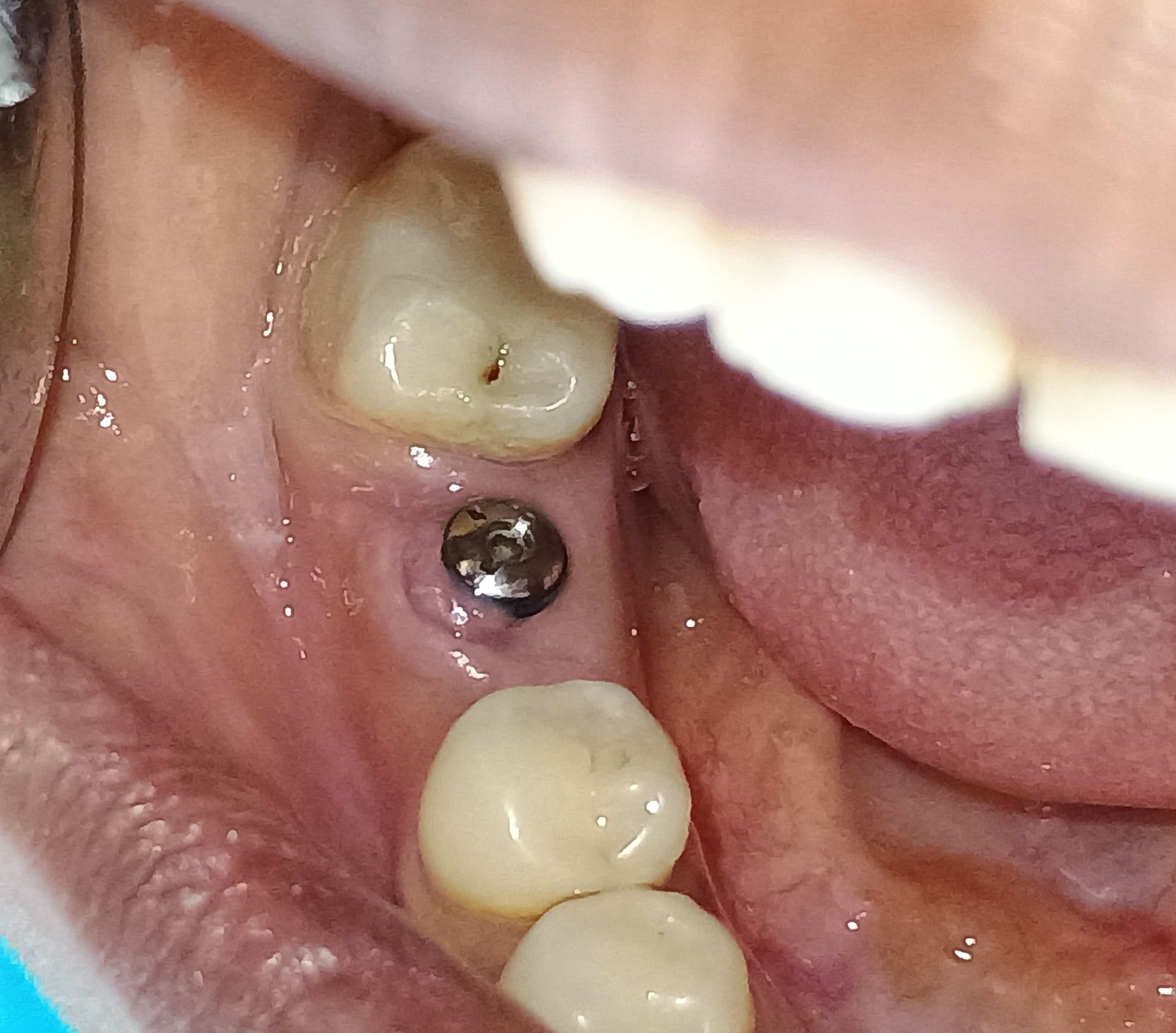Placing Implants without Surgical Guides: Any Legal Ramifications?
Dr. B. asks:
I’m a periodontist experienced in implant surgery. I have been placing some implants without using surgical guides, especially single posteriors. I feel sometimes that surgical guides can hinder rather than assist my surgeries. Does anyone know of any medico-legal ramifications to placing implants without the use of surgical guides?
10 Comments on Placing Implants without Surgical Guides: Any Legal Ramifications?
New comments are currently closed for this post.
OM
2/22/2011
hi surgi guide is especially for several umplants and thats all
Clark Brown DDS
2/22/2011
Surgical guides are quite nice to use. They make implant placement quite predictable. But in single or even some multiple implant placements, with experience, a surgical guide is not necessary. Standard of care is used with state boards and in court. Both have different standards for the same circumstance. State boards will be very practical in terms of standard of care. Lawyers will use the term to get judgments in malpractice cases and will get some dentist to testify that the stndard of care is what ever the lawyer wants it to be. We are our own worst enemy. If you place an implant without a surgical guide and it's a successful implant with successful prosthetics, then you practiced within the standard of care. If this same implant is not successful, a lawyer would argue that the lack of a surgical guide contributed tothe failure. CBCT is not considered standard of care, yet the first time you don't use one and the patient sues, they'll contend that a CBCT would have alerted you to something that would have changed the outcome. Guided surgery will be the next "you should have" frontier.
Bottom line is that the experience of the operator and complexity of the case should determine what tools should be used in a particular case. All of this need be taken into account in deciding what is the standard of care.
Ljungberg
2/22/2011
In my opinion, surgical guide is a tool used to guarantee parallelism and planned orientation. There is still a chance of discrepancy.
SChickey
2/22/2011
As a restorative dentist I provide a guide for every implant placement and invariably I can tell when the surgeon fails to use it. Parallelism, implant angulation, and mesial/distal placement in the restorative site are often sacrificed causing greater expense for the patient in the form of angled or custom abutments and expense and time in developing an emergence profile that minimizes food impaction after restoration.
gary omfs
2/23/2011
Thanks to the companies, who want every dentist without any surgical training to place his own implants, we'll be obliged to do a CBCT in any surgery we plan to do, soon even tooth extraction; though no evidence is supporting better results for implants with than without CBCT. So the good (well- trained) pupils are punished for the bad pupil's greed.This is my opinion.
Sean DDS
2/26/2011
"Bad pupil's greed"? It seems to be quite the contrary. GP's understand the increasing demand of prosthetics, which is far too often overlooked with this kind of mindset. CBCT and surgical stents (although not required in every case) provide for thorough pre-surgical planning. If there is any swaying towards placing implants, it would be from getting one too many compromised prosthetic cases back into our offices. A seasoned GP who performs routine extractions, endodontics etc. is most certainly qualified to manage the surgical component of many implant cases that they see.
j. LoPinto
3/1/2011
To Sean DDS, I have been placing implants for 27 years, after my Gp residency I then did a residency in implants, and "cut" my implant teeth on blades & Subs, and I am a general dentist. CBT & stents actually are only needed in very few situations! You are right with one thing, pre-surgical planning is the most important of any implant procedure. But the companies the manufacture the CBCT and such would have us beleave that we should not even prep a single crown with out taking a CBCT, the same goes for implants, it boils down the $$! An experienced implant surgeon will use these "tools" when judiciously.
Dr.G
3/1/2011
I think the money rationale is quite weak. If a patient is spending thousands of dollars why wouldn't they be willing to spend about $300 more?? The crux of the matter is does a CBCT enable you to do a better job?
Paraon N DeQuiroz FICOI
3/8/2011
To Gary OMFS
Guided surgery takes out the surgical skills.
On my flight home, I commented to the pilot of the
jumbo jet that it must be very challenging to fly
one if these planes, he snickered back, "No,not really
It's all computerized. He added, "can't wait to go home and fly my cessna! "
This us akin to what is happening to out profession.
Guided surgery is taking the fun out of surgery,
CBCT and surgical guides are not always necessary ,
but with so many implant failures I am seeing from this site,
then it becomes a necessity for the less skilled.
Paraon
Ann
10/23/2011
I am not a dentist or surgeon but an injured patient. I had an implant done Feb 2011 and the surgeon did not use or disclose to me 3d imaging or guides. I even had surgery by a specialist in San Francisco but the nerve was so destroyed he had to be obliterated. I would have paid any amount of money to have avoided this agony and numbness. Please think of the patients and give them the choice - instead of believing the CT scan companies are trying to make money. Don't let pride get in the way of a patients long term heatlth.










